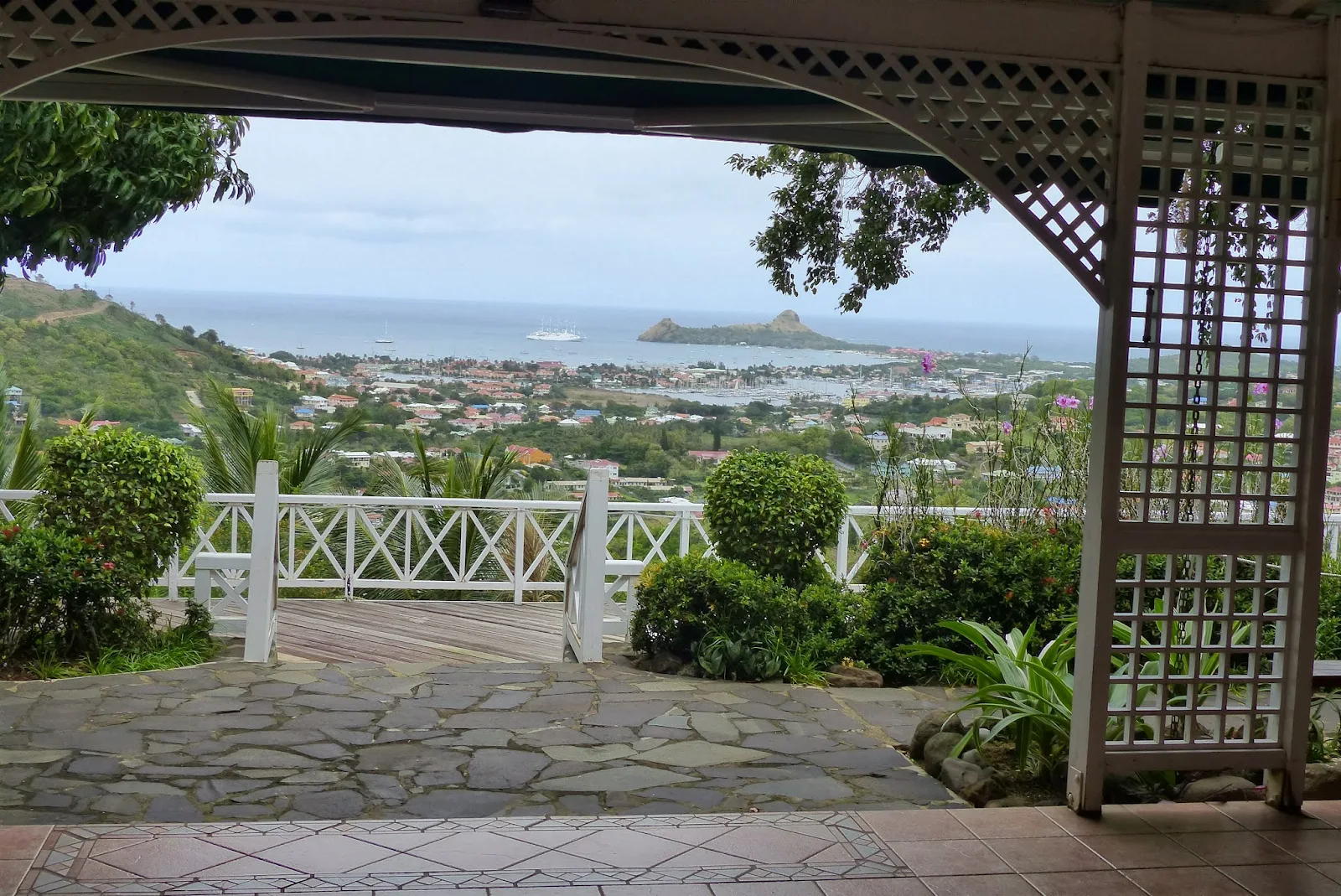This piece has been posted on New America Media and subsequently published in May 29, 2014 issue of China Daily, USA edition.
--------------------------------------------------------------------------
--------------------------------------------------------------------------
Last week the Department of
Justice announced an indictment of cyber theft against five members of China’s
PLA. Since there is no possibility of these charges ever coming to trial, one
has to wonder as to the purpose of making these allegations.
Since the revelations by
Edward Snowden, everybody in the world knows that no entity in the world is
busier at cyber hacking than the NSA of the U.S. government.
Thus it was important for
Attorney General Holder to draw the line and define certain kinds of cyber
intrusion as acceptable—at least by American standards—and others not. No
surprise that the NSA type of cyber activity is not nefarious but justifiable
in the name of national interest.
According to Holder, the
Chinese cyber activity is criminal because he alleges that the cyber theft of
intelligence goes to help specific Chinese companies gain a commercial
advantage, obviously a crass activity entirely beneath the hackers at NSA.
By its very clandestine and esoteric
nature, an understanding of the intricacies of cyber hacking eludes most of us.
Fortunately we do not simply have to take the DOJ’s version of the story; we
have the analysis of Jeffrey Carr, an independent cyber security expert, to provide another
point of view.
Carr examined the DOJ charges
and came up with some illuminating conclusions.
The Chinese hackers were
accused of stealing the secrets of SolarWorld, a maker of solar panels, but
Carr pointed out the panel maker was using obsolete technology, losing money
for three straight years and in the process of plunging into bankruptcy all by
itself. Chinese panel makers were using more economically competitive, thin
film technology and adopting SolarWorld’s technology would have been going
backwards.
The Chinese were also accused
of stealing designs of nuclear power plant from Westinghouse, but apparently
Holder did not realize that technology transfer was part of the deal to sell
power plants to China. By agreement, Westinghouse had willingly handed plant
designs over to China, which meant there was no need for cyber thievery.
Carr went on to show that the
other alleged victims/plaintiffs in Holder’s indictment, US Steel, Alcoa and
Allegheny Technologies, had no technology of value to China and weren’t damaged
by any of the alleged cyber activity.
To paraphrase Carr’s words,
if those cases were the best the DOJ could do to level cyber theft charges
against China, the U.S. government is in a lot more trouble than he thought.
So other than just another
case of the U.S. proclaiming, “don’t do what we do but do what we say we do,” how can we explain the action to indict?
The timing seemed
particularly bizarre coming on the heels of full honor arrival ceremony welcoming PLA general Fang Fenghui to the Pentagon.
General Fang is chief of general staff of PLA and the visit was billed as
another step to building a trusting relationship between the two governments.
But then of late, the Obama
Administration seemed to be particularly adept at wrong footing.
After Secretary of Defense
Hagel and Secretary of State Kerry visited China in their respective efforts to
strengthen a working relationship, President Obama then took a swing through
Asia and undid their efforts.
Despite his disavowing any
intention to antagonize China, his words in Japan and Philippines clearly showed his sympathies in their disputes with
China. In exchange, he was looking for reinforcement by way of concessions for
his pivot to Asia but came home empty handed.
Ironically, while the
stumbling diplomacy damaged the bilateral relations with China, Russia’s Vladimir
Putin may have been the unintended beneficiary.
Putin was in China for a
two-day state visit. He needed to conclude a long-term gas supply deal to
burnish his global image, especially after being pilloried by the West for his
maneuvers involving Crimea.
The long-term supply contract
had been in negotiations over a ten-year span. Now he needed to close the deal
and show that there were other customers and partners for Russia’s energy than
Western Europe.
He was privately rueful and
observed that the Chinese were tough negotiators and wondered whether the deal
was going to get done before the end of his visit.
Then came the announcement of
the U.S. indictment, and China’s president Xi Jinping may well have decided to
leave some money on the negotiating table and finish the gas supply agreement.
It
became more important for the world to see a newly strengthened alliance
between China and Russia and for the two countries to jointly thumb their noses
at Washington.
It’s
sadder still if the Obama Administration is showing that when it comes to
foreign policy, members of his team are clueless as to what others on the team
are doing.

